‘Living Magic’(Zinda Tilismath): Hyderabadi Hakeem’s Herbal Formulation Unparalleled Even After A Century!
Sat 06 Nov 2021, 21:42:12
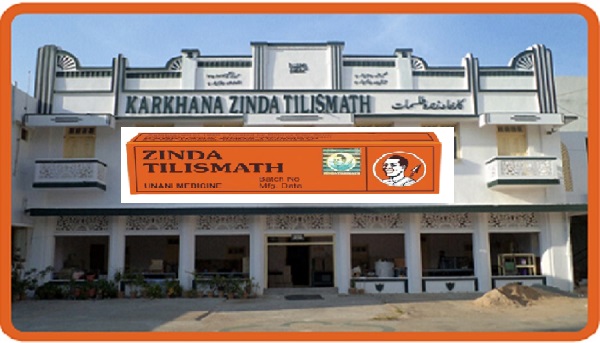
Famous for heritage monuments, Urdu shayari, and scrumptious delicacies, the land of the nawabs is not far behind in the Information Technology sector or for that matter, healthcare.
The city caters to more than 30% of India’s pharma needs. And recently, it has captured headlines by becoming the vaccine capital of the world producing nearly one-third of vaccines administered globally. In the country’s market populated by pharma products grossing $45b annually, one Unani medicine formulated over 100 years ago, continues to be ‘har ghar ki dawa’, defiant of time and change.
And it’s not churned out by a million-dollar corporation. Rather, it comes from a heritage building of the early 19th century that also houses the Karkhana Zinda Tilismath, founded in 1920 by Hakeem Mohammed Moizuddin Farooqui. Hakeem Moizuddin trained in Unani medicine, burnt the midnight oil days at stretch until he could contrive a formula that cured multiple common ailments including common cold, cough, and aches. The Unani formulation was christened ‘Zinda Tilismath’ – Urdu words literally translating to ‘living magic’.
As fabled as it may seem, by virtue of its near-magical efficacy, it became instantly popular, particularly during the Spanish Flu of 1918. Two years later, ‘Hakim Sahab’ as he came to be addressed later, flexed his Tilismati product into what would become one of the oldest Karkhanas of Hyderabad. Thus in 1920, Karkhana Zinda Tilismath was established in Amberpet, and it was in a way, one of the first medical industries of Hyderabad came into being.
Hakim Sahab was a genius; he did what no one else in the world had done. By creating Zinda Tilismath’s formula, he created the first medicine that could be used both internally and externally, says Sohail Farooqui, third-generation Managing partner of Zinda Tilismath. “Unlike the corporate pharma sector, marketing it for riches was not his agenda. Instead with noble intentions at heart, Hakim Farooqui decided to price the formulation such that it could be affordable to all sections of the society – the rich and the poor alike”, he says.
Word about his wonder medicine spread fast. And why not, in the aftermath of Spanish Flu, his medicine, according to the Farooqui family, became a popular over-the-counter medication for many households.
It caught the attention of the then ruler Nawab Mir Osman Ali Khan – the seventh Nizam of Hyderabad. The Nizam himself was a visionary – he valued the public healthcare system and built the Osmania General Hospital. There were nearly 40 physicians during the rule of the fifth and Sixth Nizams. The Seventh Nizam himself was an Unani physician and patronized this indigenous medicine by allowing his Dastar (headgear) to be the trademark of the product, which continues to the present day.
As decades passed, the Karkhana grew in
supply strength and prominence. Zinda Tilismath began shipping its medicine in the nearby districts and neighboring states. Few years later, it came up with Farooqui Manjan – a herbal tooth powder with the capacity to fight oral problems merely by its everyday use. The Farooqui tooth powder too gained quick traction and continues to be much in demand even as a variety of toothpaste and oral solutions have entered the oral hygiene market space. As the factory adapted to the changing needs with time, its production system changed from manual labour to fully automatic assembly lines, packaging evolved but the formula remains unaltered and just as effective even today.
supply strength and prominence. Zinda Tilismath began shipping its medicine in the nearby districts and neighboring states. Few years later, it came up with Farooqui Manjan – a herbal tooth powder with the capacity to fight oral problems merely by its everyday use. The Farooqui tooth powder too gained quick traction and continues to be much in demand even as a variety of toothpaste and oral solutions have entered the oral hygiene market space. As the factory adapted to the changing needs with time, its production system changed from manual labour to fully automatic assembly lines, packaging evolved but the formula remains unaltered and just as effective even today.
For nearly a century, one of the oldest industrial establishments of Hyderabad relied solely on Zinda Tilismath’s popularity, and to an extent on Farooqui Toothpowder.
In 2018, the company introduced Zint lozenges positioning it as a herbal quick relief from sore throat and cough with Zinda Tilismath flavor. Consequently, it studied the response and introduced more flavors to suit varied tastes.
The Covid-19 pandemic of 2019, till 2020 and subsequent weeks, ripped the Karkhana’s opportunity to celebrate its centenary year. However, the demand for Zinda Tilismath during the pandemic was so high that it kept the management on its toes for nearly a year and a half. Their flagship was once again being used during a pandemic, now as an immunity booster due to its natural anti-bacterial and anti-viral properties.
While some inhaled steam with droplets of Zinda Tilismath, many used face masks laced with droplets of Zinda Tilismath. It was also consumed with warm water or tea in many households. While there are several over-the-counter medications, there are barely any that can be used both internally and externally, and none that has completed a century without a change in the original formulation.
In 2021, after two years of extensive research and trials, the company introduced Zinda Tilismath Balm, a herbal pain reliever for external application during its centenary year celebrations, and tennis superstar Sania Mirza was appointed as its brand ambassador.
As the story of a journey of 100 years unfolded in sand art during the centenary celebrations, rich tributes were paid to the visionary founder Hakeem Moizuddin Farooqui, who developed a Swadesi medicine that is now ‘har ghar ki dawa’ not just in India but even internationally.
The founder’s only surviving son and senior managing partner Maseehuddin Farooqui was felicitated for helping survive the brand in the age of change. In the words of Managing Partner Sohail Farooqui, ‘the founder’s vision is ennobling and continues to enlighten our minds even today. He wanted his medicine to serve a greater and noble cause, and that will continue to be our agenda as we set our foot into the next century.”
No Comments For This Post, Be first to write a Comment.
Most viewed from Hyderabad
Most viewed from World
AIMIM News
Latest Urdu News
Most Viewed
May 26, 2020
Can Lionel Messi's visit boost Indian football?
Latest Videos View All
Like Us
Home
About Us
Advertise With Us
All Polls
Epaper Archives
Privacy Policy
Contact Us
Download Etemaad App
© 2025 Etemaad Daily News, All Rights Reserved.



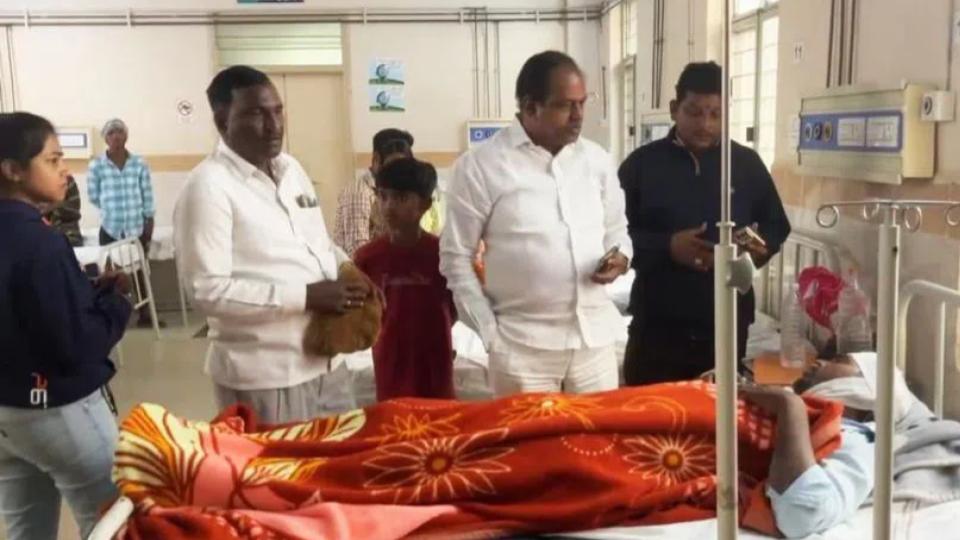


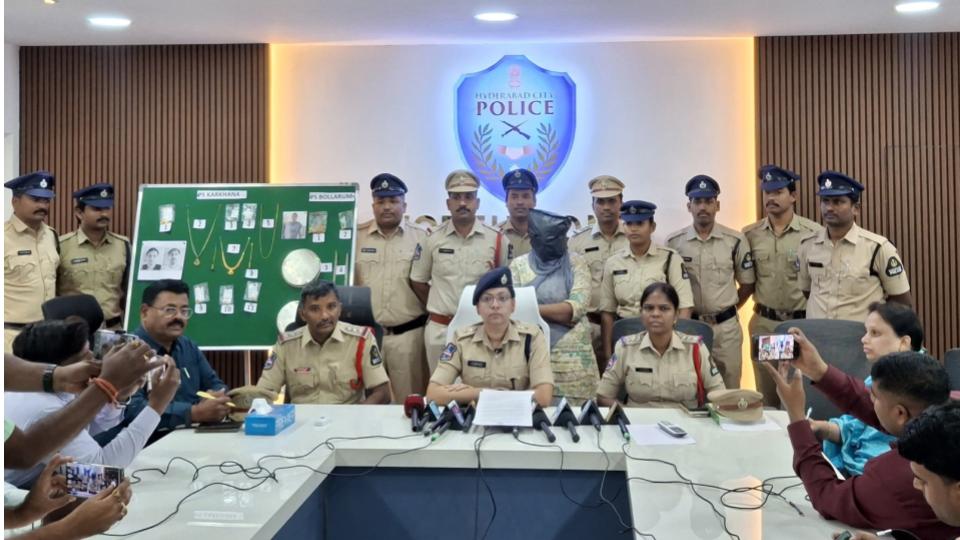




.jpg)





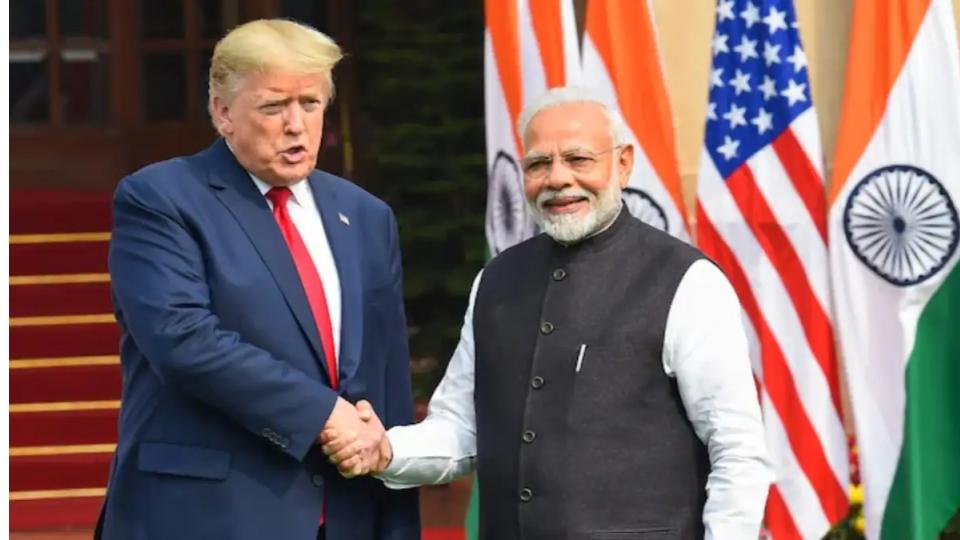




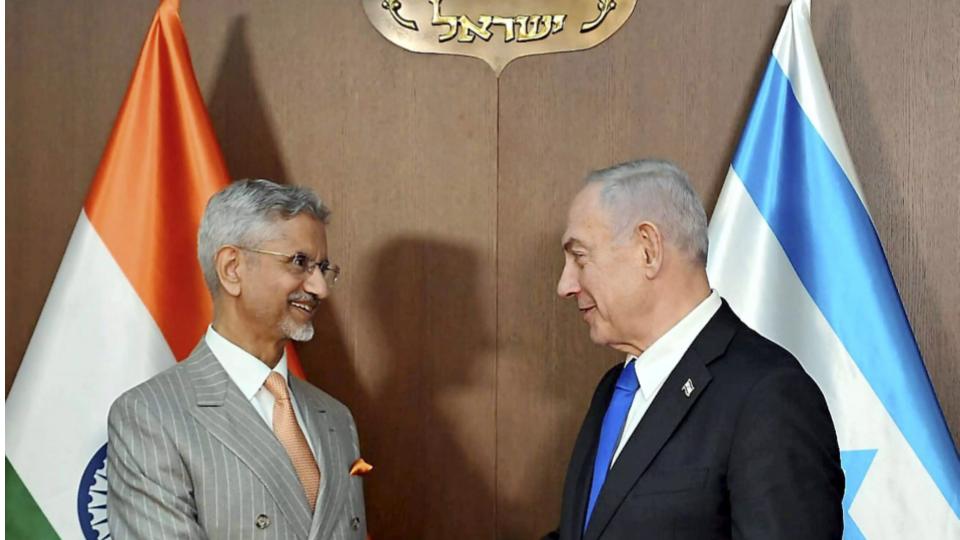



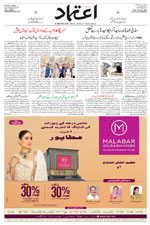










.jpg)
.jpg)
.jpg)


